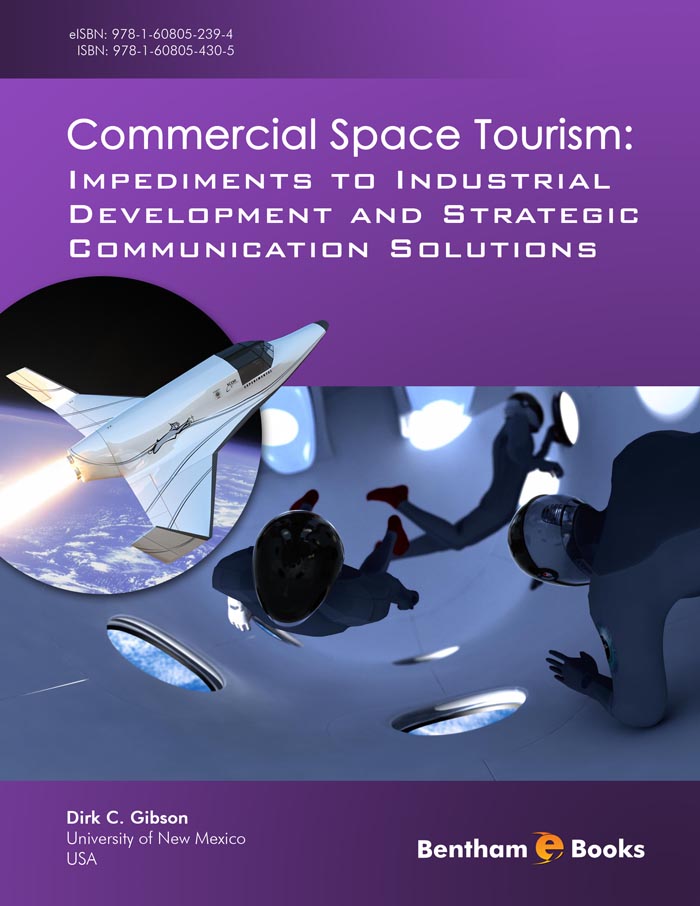Introduction
The general themes of this analysis of the commercial space tourism industry include three main topics; 1) Benefits of commercial space tourism to numerous stakeholders, 2) The viability of commercial space tourism 3) existing public relations solutions for virtually all impediments to commercial space tourism.
Initially, development of a viable commercial space tourism industry would provide substantial economic benefits. A second factor is that the primary impediments to commercial space tourism industrial development are amenable to public relations solutions.
For space industrial development to be successful, it will take a delicate balance of satisfying state, local and federal policy makers. Many federal regulatory agencies are involved that have jurisdiction over commercial space. Economic policy is also a factor as the public and politicians deal with resource allocation issues. The public will expect commercial space and tourism to create economic growth and jobs as well. A book addressing these issues and offering solutions to these topics in space tourism and policy will be unique to the industry.
This e-book is a useful guide for readers who are personally and/or professionally interested in commercial space tourism and related commercial space ventures, and those interested in astronautics, space development and similar public policy issues in general. Readers also interested in aeronautics, as well as regulatory agencies and legislatures will also benefit from this e-book.

